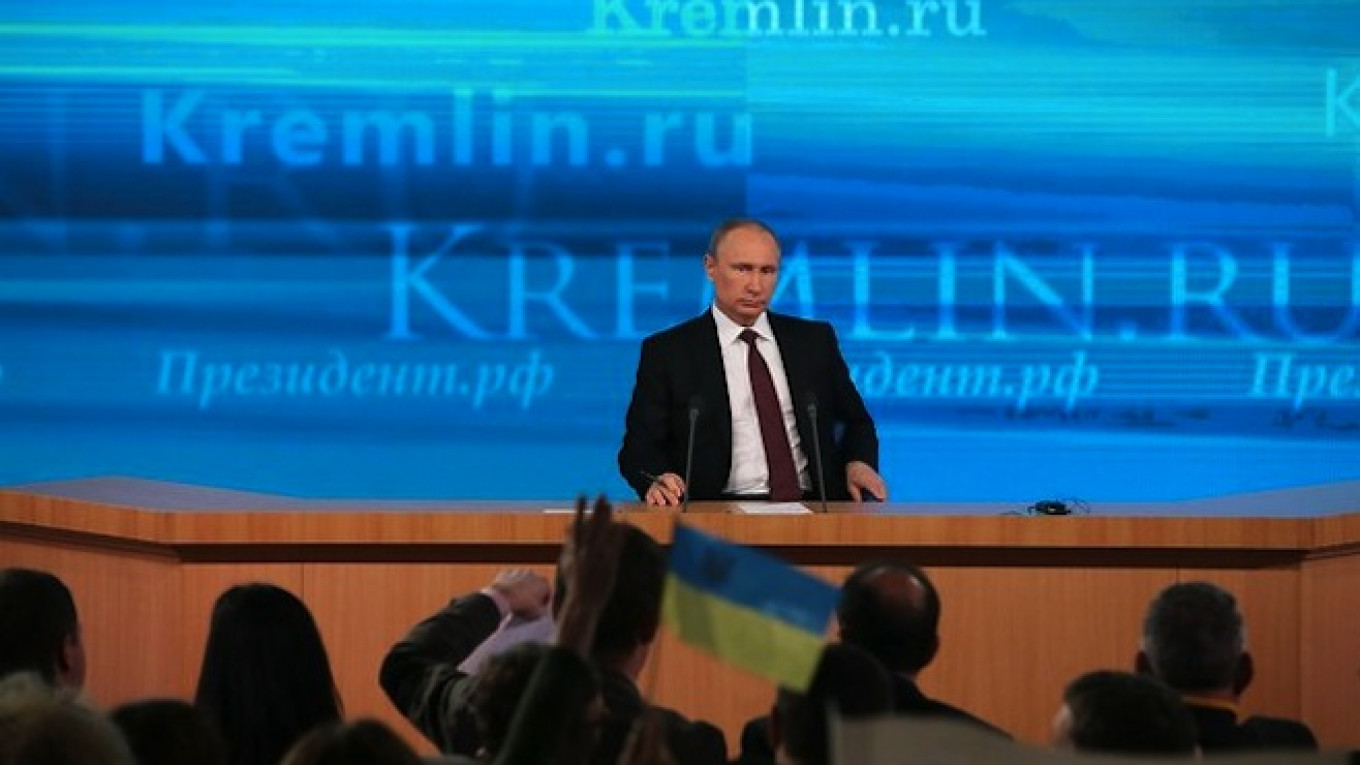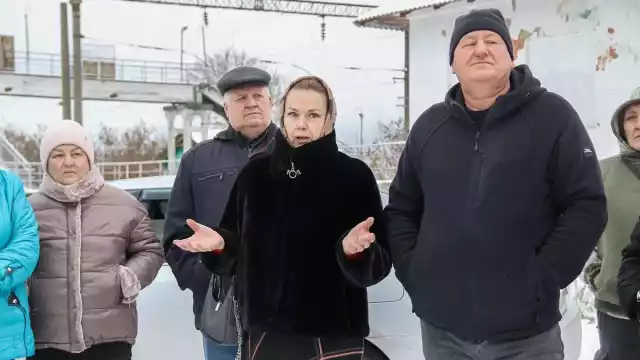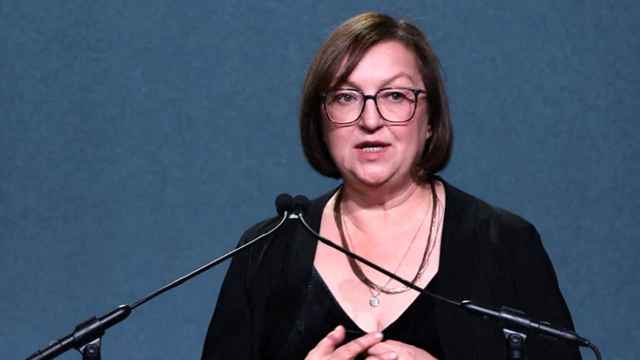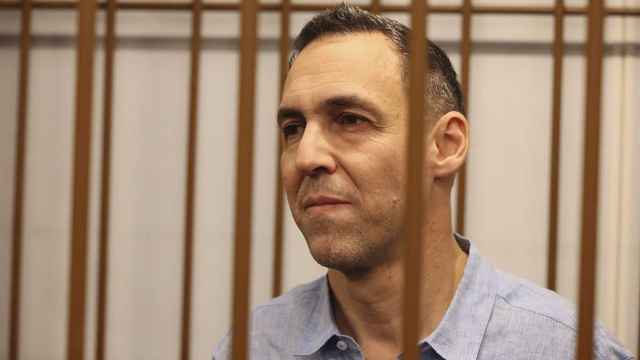President Vladimir Putin is expected to hold his annual call-in show on April 17, Russian media reports said Monday.
The question-and-answer session will be broadcast on national television and radio stations and is expected to cover "Crimea, the international situation, the domestic economy and the ruble," Putin's spokesman Dmitry Peskov told the Kommersant newspaper.
Russia's recent annexation of the Black Sea peninsula of Crimea — a former Ukrainian territory that has a majority ethnic Russian population — has strained ties with the West and led the U.S. and the European Union to impose sanctions on top Russian officials and businessmen.
Also, the ruble has lost about a fourth of its value against the euro and the U.S. dollar since November as the country's economy struggles through a period of so-called stagflation: stagnation coupled with inflation.
Peskov told the Izvestia newspaper that the show will happen on a Thursday, "to not break with tradition," but he declined to confirm whether the Thursday in question is April 17.
Both newspapers cited unidentified Kremlin officials when reporting the April 17 date.
The call-in show, which lasted more than four hours on the previous two occasions, will feature a series of direct questions posed by citizens.
Last year's show featured 85 questions, about 30 of which were posed directly by citizens.
This year's broadcast is expected to include questions posed via video links from Crimea and the Gazprom-run Arctic oil platform that Greenpeace activists attempted to scale in a protest last year.
The show is expected to start at noon in the Gostiny Dvor complex near Red Square.
During his 14 years as president and prime minister, Putin has held 11 call-in shows.
Two years ago the show was moved from December to April, to avoid making Russians wait outside in the cold for a chance to get a microphone and ask the president a question, the Kremlin said.
A Message from The Moscow Times:
Dear readers,
We are facing unprecedented challenges. Russia's Prosecutor General's Office has designated The Moscow Times as an "undesirable" organization, criminalizing our work and putting our staff at risk of prosecution. This follows our earlier unjust labeling as a "foreign agent."
These actions are direct attempts to silence independent journalism in Russia. The authorities claim our work "discredits the decisions of the Russian leadership." We see things differently: we strive to provide accurate, unbiased reporting on Russia.
We, the journalists of The Moscow Times, refuse to be silenced. But to continue our work, we need your help.
Your support, no matter how small, makes a world of difference. If you can, please support us monthly starting from just $2. It's quick to set up, and every contribution makes a significant impact.
By supporting The Moscow Times, you're defending open, independent journalism in the face of repression. Thank you for standing with us.
Remind me later.






